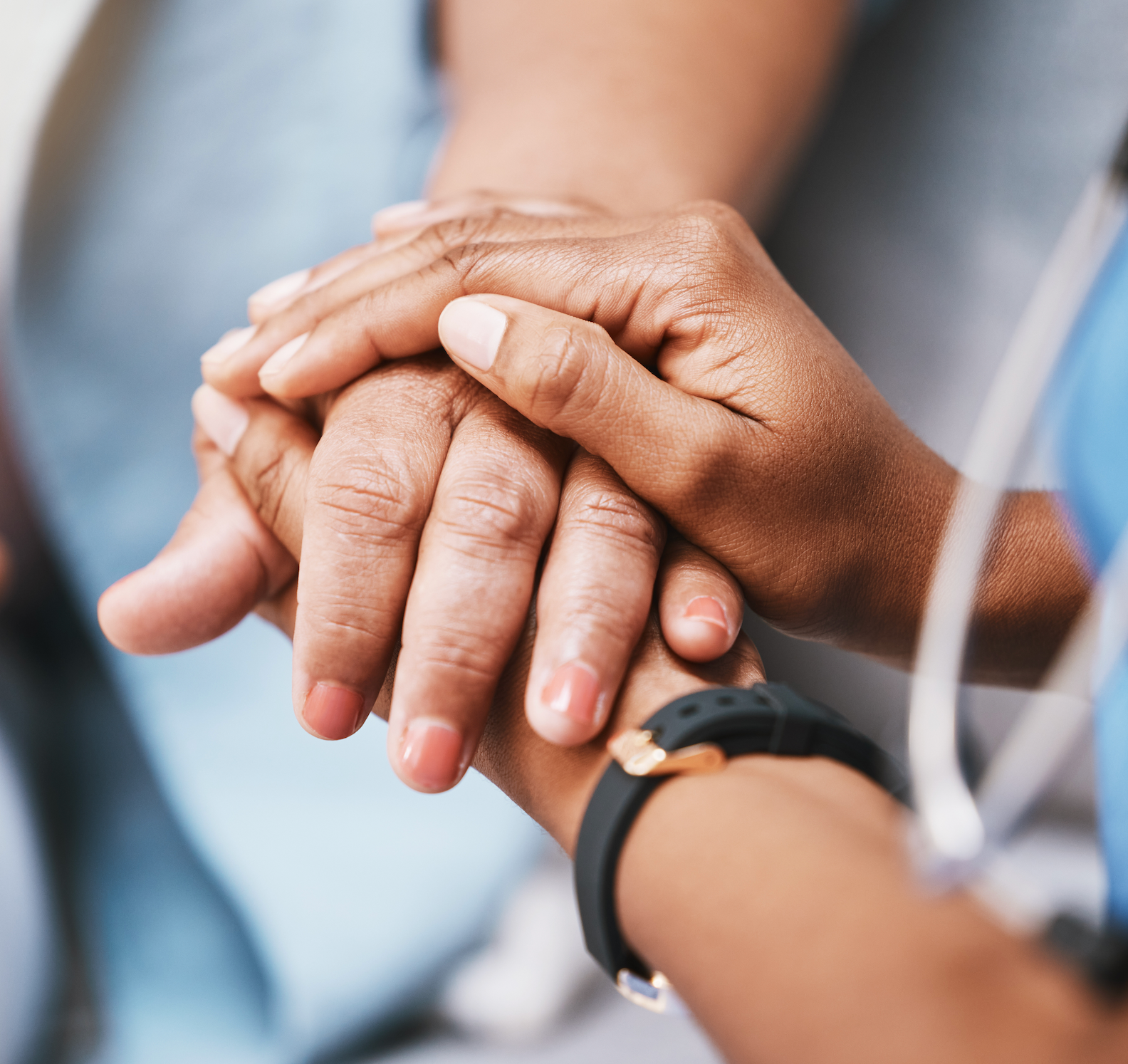
Things to Know When a Loved One is Diagnosed with Schizophrenia, with Brooke Kempf, PMHNP
Schizophrenia is a medical condition that’s treatable — and recovery is possible.
By
Lana Pine| Published on May 23, 2025
4 min read
When a loved one is diagnosed with schizophrenia, it’s normal to feel overwhelmed, scared or unsure of what to do next. But the most important thing to remember is this: Schizophrenia is a medical condition — and it’s treatable.
Brooke Kempf, PMHNP, an adjunct lecturer in the Indiana University Indianapolis Psychiatric-Mental Health Nurse Practitioner (PMHNP) program, explains that just like diabetes or high blood pressure, schizophrenia affects a specific part of the body — only in this case, it’s the brain. With the right care and support, many people with schizophrenia can manage their symptoms, recover and lead meaningful, productive lives.
Schizophrenia can cause a range of symptoms, often grouped into three categories:
- Positive symptoms: These include hallucinations (seeing, hearing or feeling things that aren’t there) and delusions (false beliefs not grounded in reality).
- Negative symptoms: These might look like lack of motivation, withdrawal from others or flat speech and emotions.
- Cognitive symptoms: These affect memory, thinking and focus, making day-to-day tasks more difficult.
Today, there are more treatment options than ever before, including medications that target all three types of symptoms. One especially promising option is long-acting injectable medication, which allows patients to receive treatment every few weeks — or even just twice a year — without taking a daily pill. This not only improves consistency but can also remove the constant reminder of illness from a person’s daily life.
Kempf says that like with a fire, the earlier you respond, the less damage is done. Recognizing early warning signs — such as social withdrawal, confusion or changes in sleep and hygiene — can help get care started before a full relapse occurs. And every relapse carries the risk of lasting brain changes, which makes early and consistent treatment so crucial.
Unfortunately, stigma still surrounds schizophrenia. Unlike depression or anxiety, it’s a condition that’s often misunderstood and rarely talked about. Hollywood and social media portrayals often paint people with schizophrenia as violent or unstable — but that’s not the truth. In reality, many people with schizophrenia are far more likely to be victims than perpetrators.
Reducing stigma starts with education and empathy. When we learn the facts, we become better advocates, caregivers and allies. We also create a safer, more accepting world for people living with serious mental illness.
Whether it’s finding a therapist, connecting with a peer support group or working with a community mental health center, there are many resources available to help your loved one (and your family) navigate the path to recovery. And remember, you’re not alone.
4 Things to Know When a Loved One Is Diagnosed with Schizophrenia:
- It’s treatable and recovery is possible: With modern medications and support, many people living with schizophrenia can lead stable, fulfilling lives.
- Stigma still exists — but needs to end: Schizophrenia is often misunderstood and unfairly associated with violence; in truth, individuals are more likely to be victims than threats.
- Education empowers everyone: Use trusted resources (including community mental health centers) to learn more, ask questions and understand what to expect.
- You’re not alone: Support is available. Caregivers should seek help, too, and know that connecting with others can provide much-needed perspective and relief.

